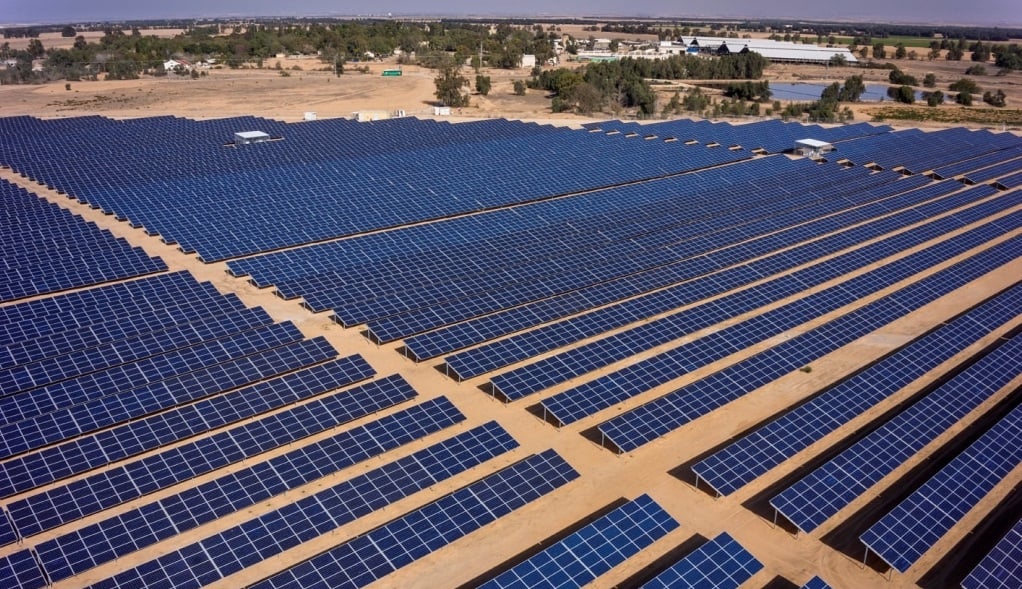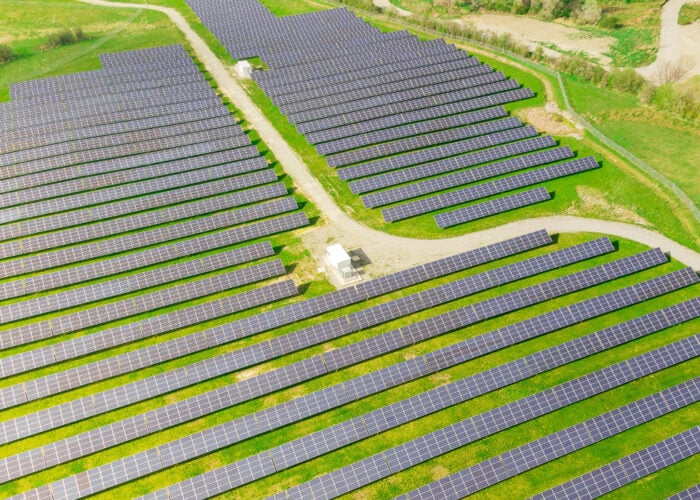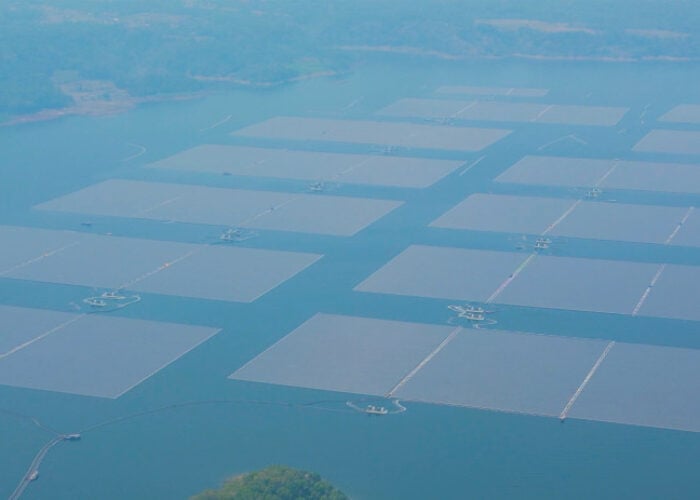
Israel-headquartered smart energy technology company SolarEdge has acquired the entire share capital of UK-based Hark Systems, an energy analytics and internet of things (IoT) company. SolarEdge said that the acquisition will enable it to offer its corporate and industrial (C&I) customers increased capacity to manage their energy assets.
Hark offers software as a service (SaaS) and IoT services to a range of customers designed to analyse and optimise the performance of industrial and energy assets. The company was founded in 2016 in Leeds, UK.
Unlock unlimited access for 12 whole months of distinctive global analysis
Photovoltaics International is now included.
- Regular insight and analysis of the industry’s biggest developments
- In-depth interviews with the industry’s leading figures
- Unlimited digital access to the PV Tech Power journal catalogue
- Unlimited digital access to the Photovoltaics International journal catalogue
- Access to more than 1,000 technical papers
- Discounts on Solar Media’s portfolio of events, in-person and virtual
Or continue reading this article for free
SolarEdge intends to harness its capabilities in energy management and connectivity, including the identification of potential energy savings, detection of anomalies in assets’ energy consumption, and optimisation of energy usage and carbon emissions through load orchestration and storage control for its C&I customers.
The acquisition is subject to customary closing conditions and is expected to be complete in Q2 2023.
Zvi Lando, CEO of SolarEdge said: “Hark’s SaaS platform will enable us to grow our extensive commercial and industrial energy management portfolio and offer additional services to our C&I customers.
“Coupled with our smart energy solutions, Hark’s advanced technological capabilities can provide enterprises with greater transparency and control of their energy usage and carbon emissions.”
SolarEdge reported record revenues and inverter shipments in Q3 2022, recording a 90% revenue increase year-on-year in Europe. It also announced plans in February last year to ramp up its Mexican manufacturing capacity in order to increase imports to the US and reduce the impact of tariffs on its business.







